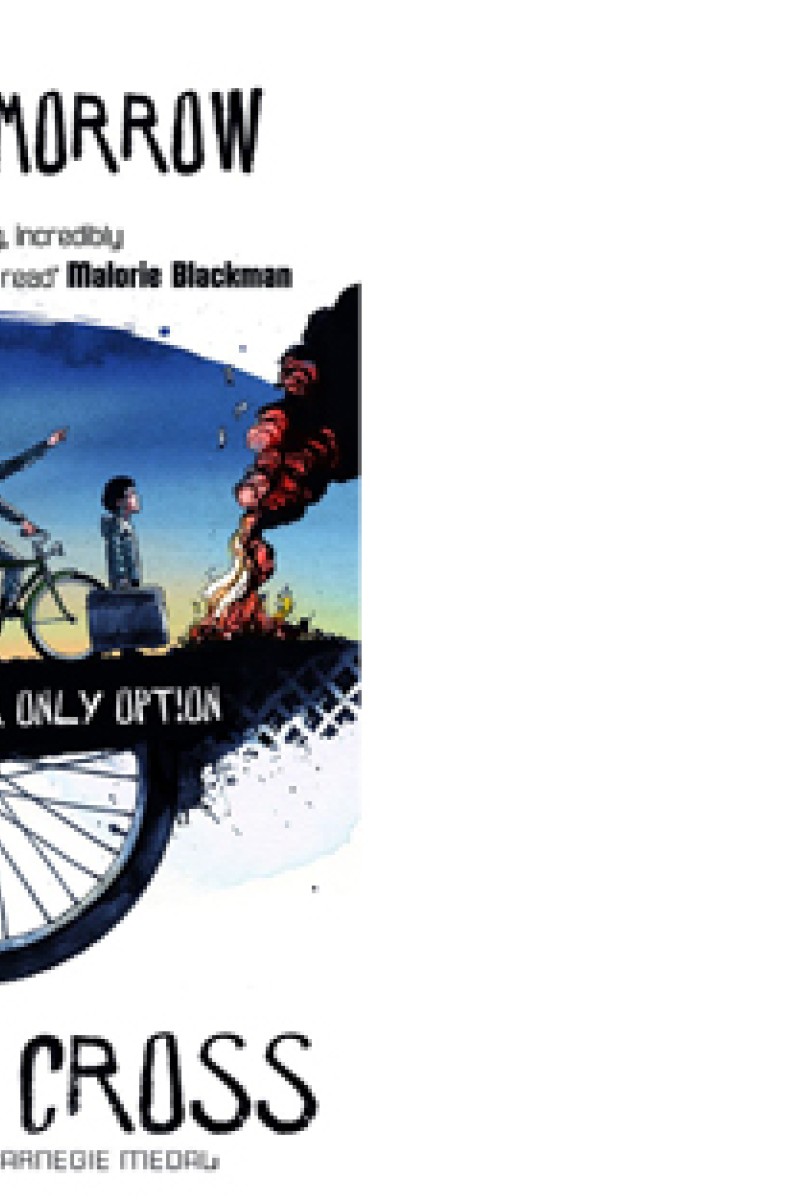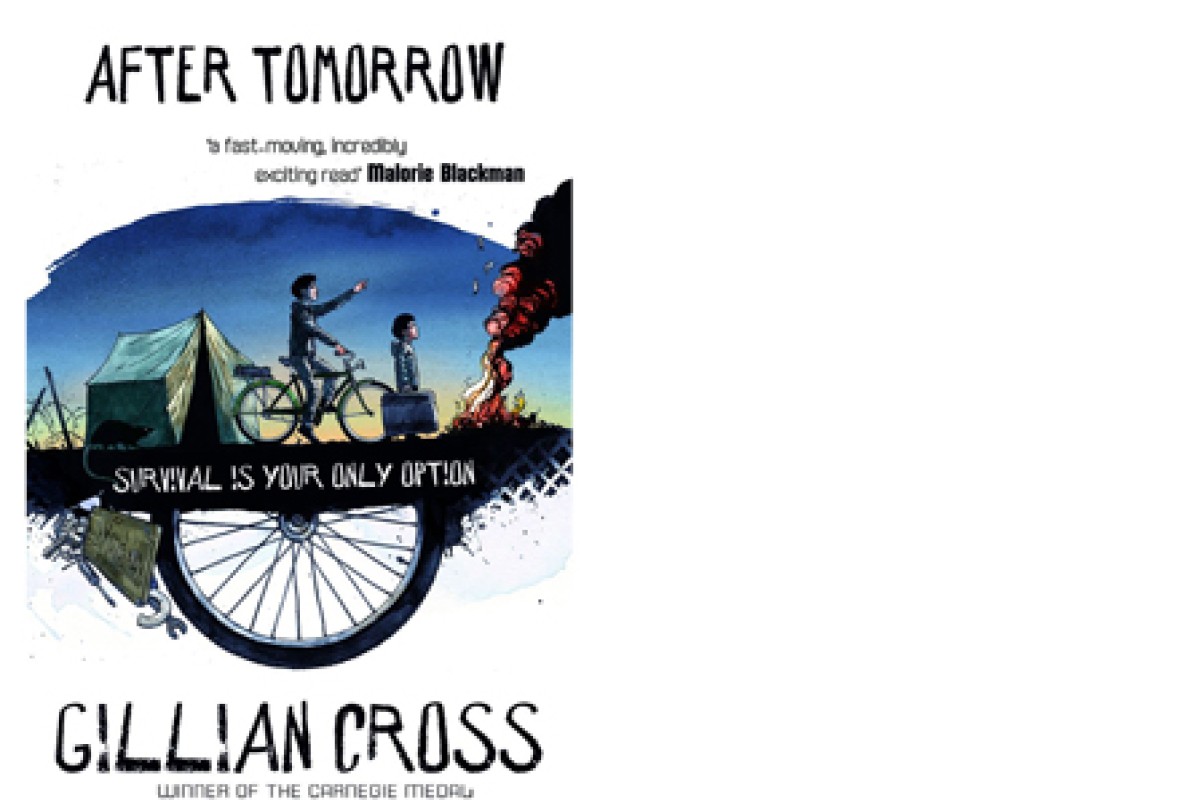
Slowness and softness ruin what could be a tense read

By Gillian Cross
Published by Oxford
ISBN 978 0 19 2756 8
Like many developed countries, France offers asylum to refugees from countries where life has become dangerous or impossible. Civil war, famine, and violent political upheaval can all turn people into refugees desperate to find a safe and peaceful new home.
Britain has been a safe and stable country for centuries, but not any more. Following "Armageddon Monday", when the country's five big banking corporations crashed, Britain has become a country in a state of violent collapse. Armed robbers roam the streets, money has no value, people are going hungry. For anyone who is able, it is time to get out.
The first exit route out of Britain is through the Channel Tunnel into France. Suddenly, British refugees are flooding into France in vast numbers, and the country can barely cope.
Renowned children's author Gillian Cross sets her new novel, After Tomorrow, against this intriguing and original background scenario, focusing her story on one young teen and how he copes with becoming a refugee.
Matt's family is just hanging on to survival in Britain by growing and trading their own food; food is the new currency in this post-bank-crash world. But violent robberies of the family's stores of home-grown produce make Matt's mum and stepdad take desperate measures.
Stepdad Justin makes arrangements to get Matt and his young brother out of Britain to France before borders close. Once through the Channel Tunnel, the three refugees face terrible conditions in a make-shift camp. They find themselves the target of hostile locals and prey to disease. All Matt's strength is put to the test as he struggles to survive.
The big problem with After Tomorrow is that Cross' storytelling style never goes beyond a plod. Matt tells his own story, and frankly, he is a bit of a bore. It is essential in a novel like this that the reader gets to know the central character to empathise with his plight, but Matt remains a cardboard cut-out throughout this book.
This is a light and safe read set against a dark and dangerous background. Where is the grit, and the violence, and the downright horror? Novels for teenage readers dealing with subjects as dramatic as the plight of refugees in an unwelcoming land shouldn't be soft, naive reads.
A more realistic approach and better characterisation would have made this book a gripping read.
John Millen can be contacted on [email protected]
You might also like:
- Beauty isn't skin deep is the second finalist story in Young Post's 2013 Summer Story competition
- A lad's search for happiness results in an offbeat, well-written treat